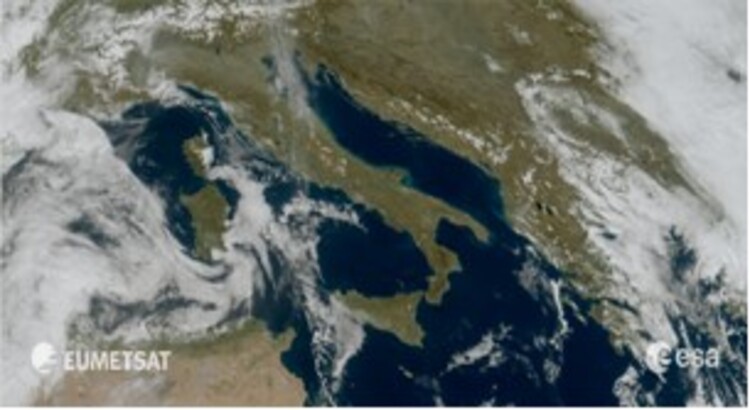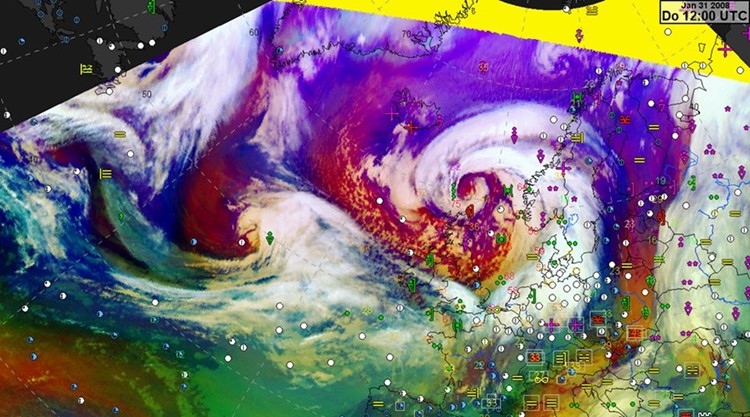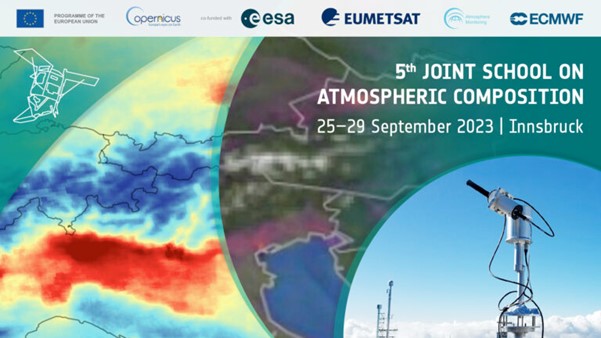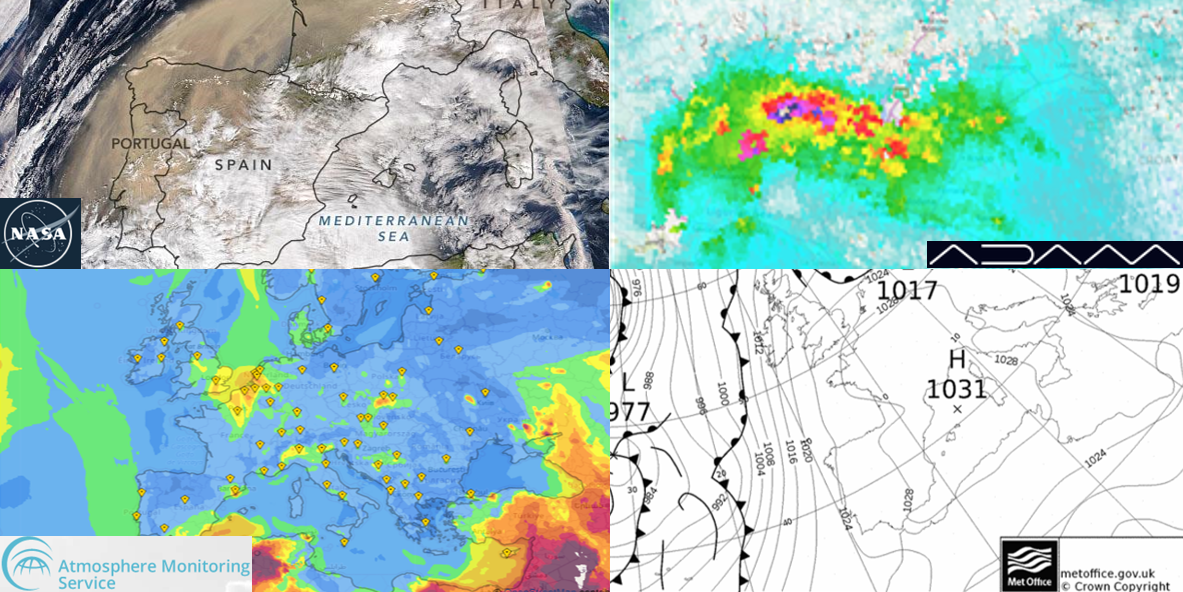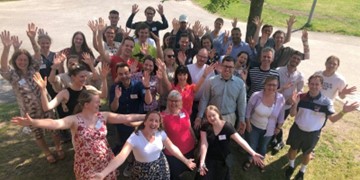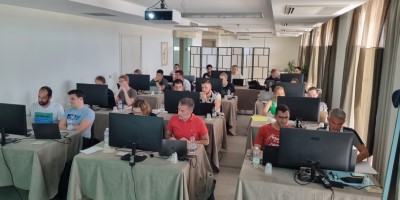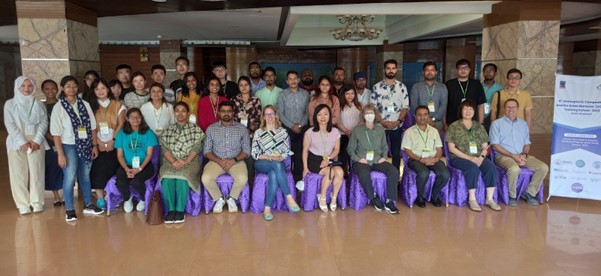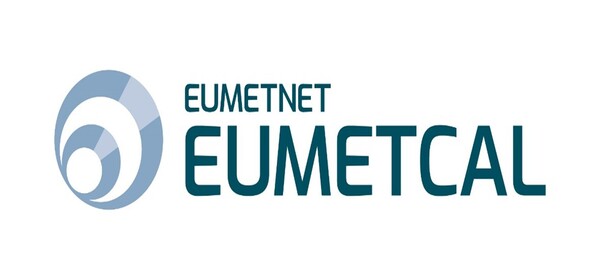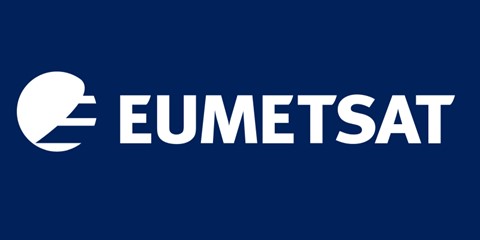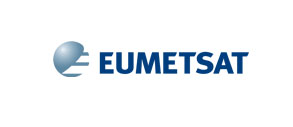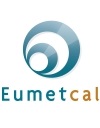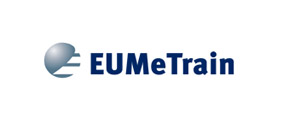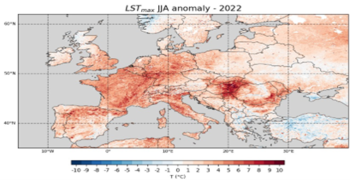
EUMeTrain's Event Week on heatwaves and droughts 2023
29 May - 1 June 2023/ Online
Between 29 May to 1 June 2023, EUMeTrain organised an online event week on heatwaves and droughts. The presentations were grouped into seven sessions of 90 minutes each, comprising eight main topics covered by 18 presenters.
The presentations provided a comprehensive view on the physical processes associated with heatwaves, and their intensification by severe drought. Evapotranspiration, and its control under water-limited regimes, is considered as a key process regulating this intensification, and, therefore, there was also a strong emphasis on vegetation monitoring and impacts on carbon cycle and crop productivity. Other topics relevant to heatwaves included marine heatwaves, urban heat islands, and the impact of heat extremes on air quality.
All talks included extensive references to EUMETSAT datasets, particularly those from the LSA SAF, H SAF, OSI SAF and CM- SAF, and some references to Copernicus and NASA datasets were made. Some discussions about data accessibility were introduced in many of the talks, with particular emphasis on the Google Earth Engine and the EUMETSAT climate services. It ended with a final discussion and wrap-up.
In total, there were 207 participants throughout the event week, with initial registrations from 65 countries covering four continents — Europe, Africa, Asia and South America. There was an average of 80 participants per session.
Following the course, a survey was sent to participants, with 38 responses, corresponding to 18% of all participants. In this this sample, 60 % were researchers and 30% were forecasters. Other results show that for the majority there were no problems using the Webex online platform (84.2%) and the length of the week was just right (89.2%). For the participants responding to the survey, either the week met the expectations (77%) or, if not completely meeting the expectations, it was useful (23%).
You can find all the recordings and presentations of this event week on the EUMeTrain website.
